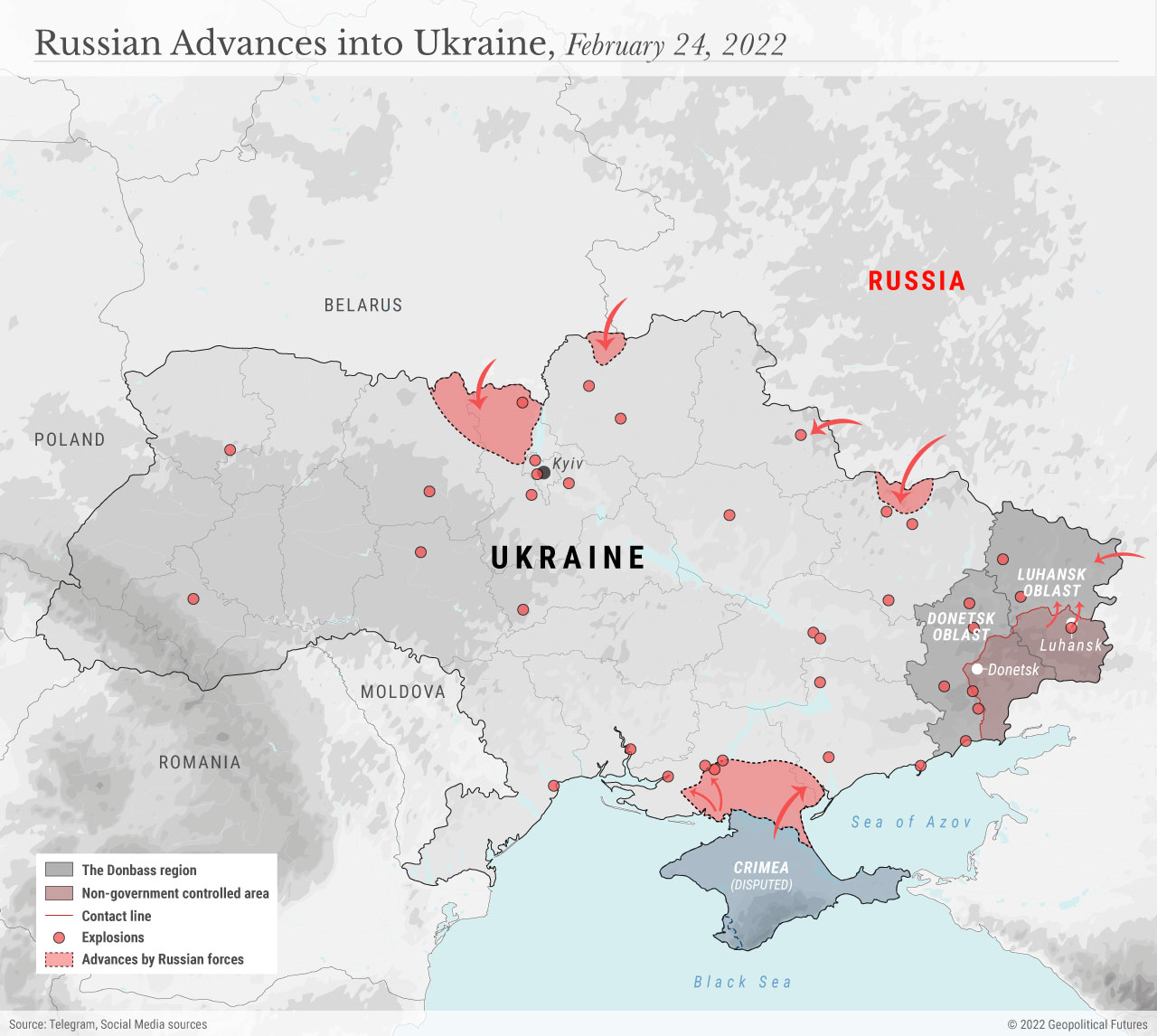Critical Race Theory appears to be one of our most polarizing issues, dividing political parties even further apart. What makes it even more weaponizing is the lack of clarity and understanding of what in fact CRT is.
There is a great deal of misunderstanding and misuse of the term, what it means, and how it intersects with teaching and learning in K-12.More than a few states have passed bills that restrict its teaching in schools, including Texas with house bill SB 3 .
Joining co-hosts Jim Falk and Vince Poscente to talk about CRT from very different perspectives are:
Rashawn Ray, Ph.D., Senior Fellow, Governance Studies, The Brookings Institution; He is also a Professor of Sociology and Executive Director of the Lab for Applied Social Science Research (LASSR) at the University of Maryland, College Park;
Eesha Pendharkar is a reporter for Education Week covering race and opportunity in schools across the country; and
Patricia Ann Hardy, a member of the Texas State Board of Education, serving District 11. Ms. Hardy is an educator and has served on state textbook committees and state assessment review committees.
Dr. Ray defined CRT as:
“Critical race theory is an academic concept that is more than 40 years old. The core idea is that race is a social construct and that racism is not merely the product of individual bias or prejudice, but also, something embedded in legal systems and policies. The basic tenets of critical race theory, or CRT, emerged out of a framework for legal analysis in the late 1970s and early 1980s created by legal scholars Derrick Bell, Kimberlé Crenshaw, and Richard Delgado, among others.”
However, some say CRT is being used to define racism.
View the full SB3 legislation online and tune in to learn more about what CRT is and isn’t.
We welcome your feedback.
Thank you for engaging with us.
Regards,
Niki McCuistion, Co-Founder, Executive Producer
niki@perspectivesmatter.com.
214-394-6794
And thank you for your continued support. Your financial contribution is keeping us on the air. Every dollar you donate to the Foundation for Responsible Television, a 501(c)(3) tax-exempt organization makes a difference. Your financial contribution is keeping us on the air. This is especially important as we do not receive any funding from PBS or other public sources.
If you want to catch up on any past McCuistion programs, you can watch them at your convenience by visiting www.McCuistionTV.com.
Many thanks for your continued support!






